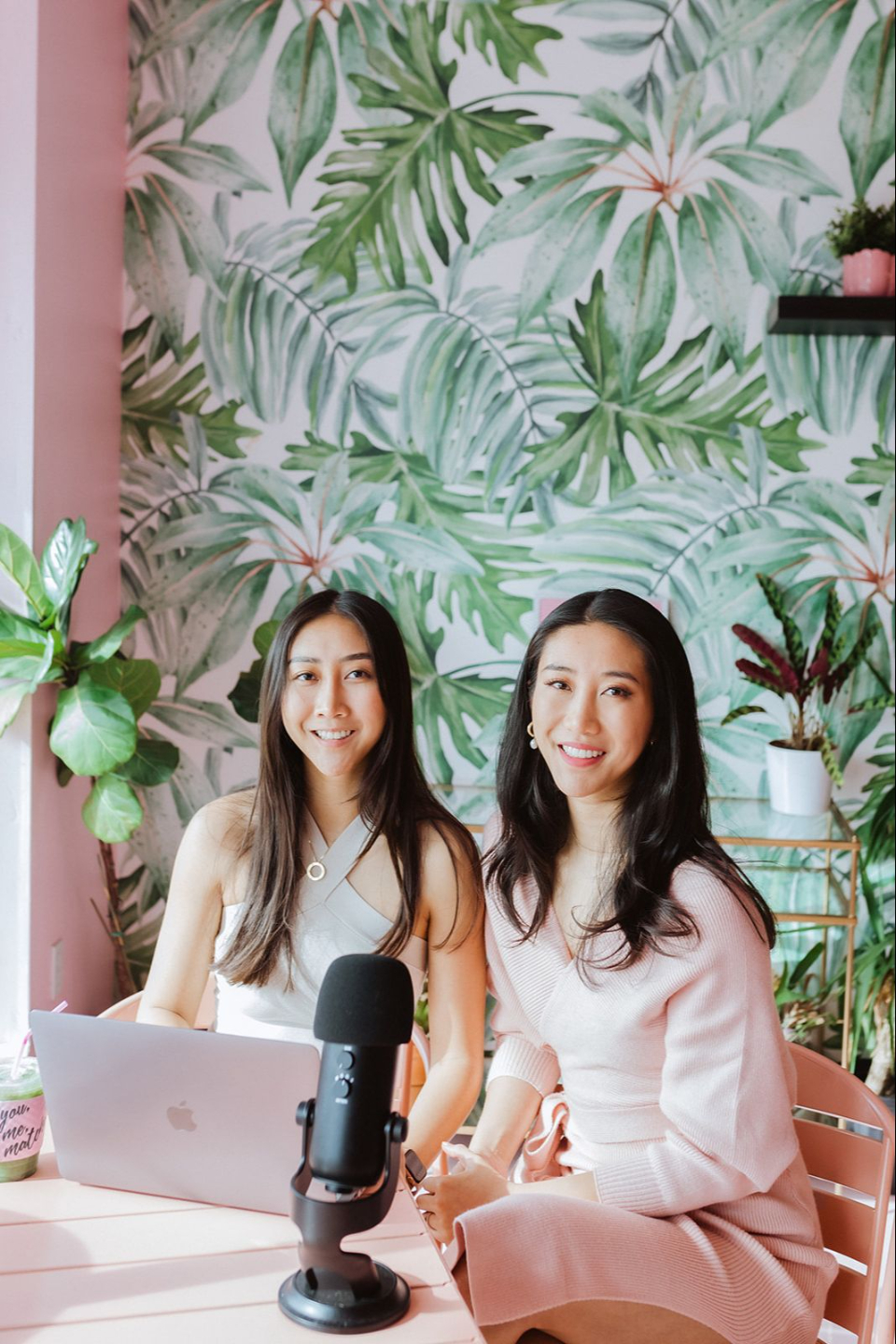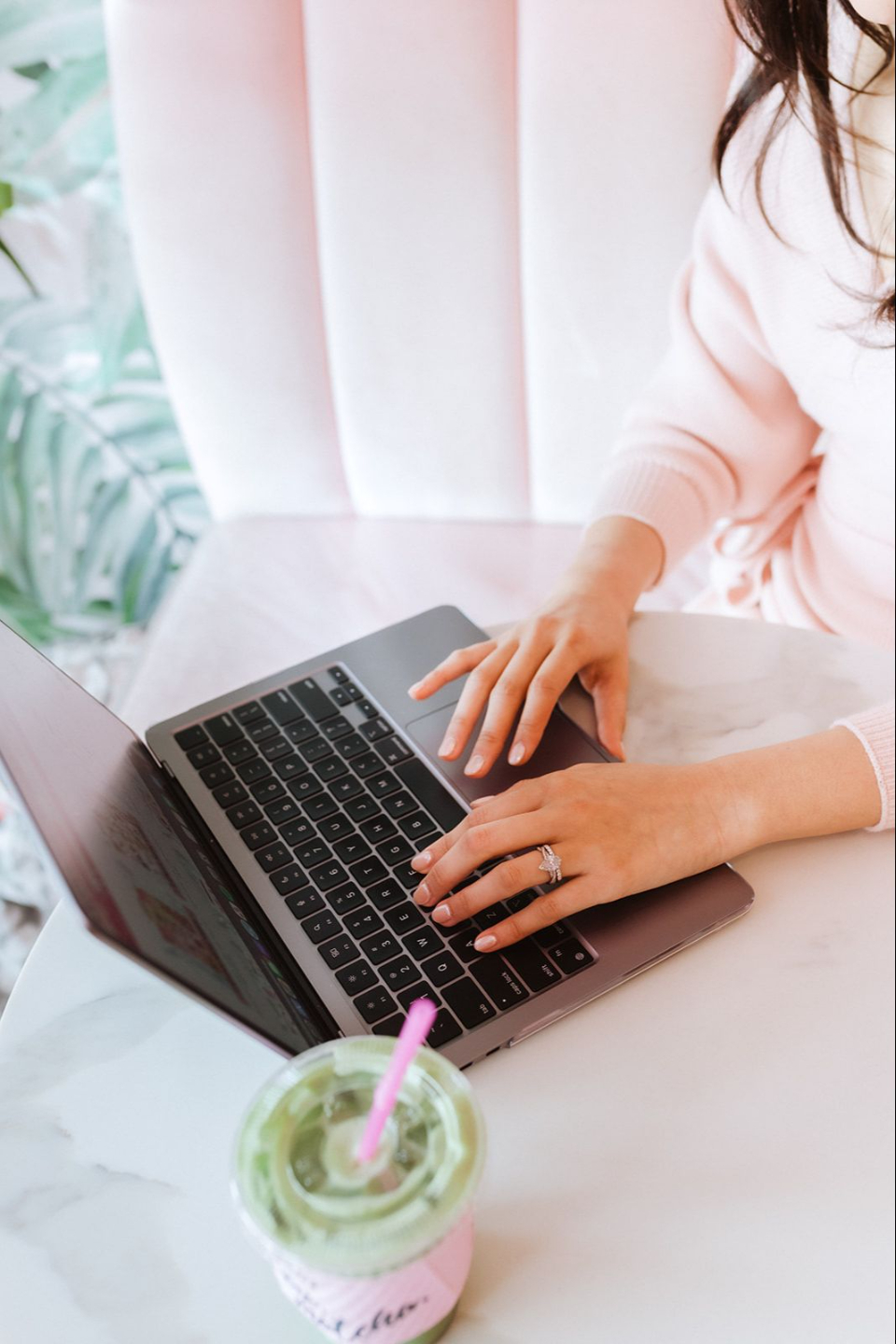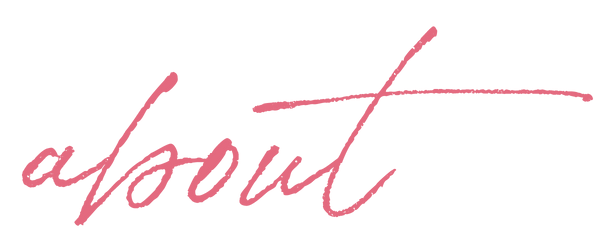*Note: This transcript was computer generated, and may contain mistakes.
Lucy: Thank you so much, Helen, for being here. We're so excited to have you. Yay!!
Helen: Thank you for having me!
Lucy: Yeah, we're really excited. Of course, I feel like most people know you and they know your brand. But just in case our listeners aren't super familiar with you, could you give us the background behind why you started your sticker shop, like the inspiration. How you came up with the idea. all of that good stuff.
Helen: Yeah, for sure. So when I first started planning, I was using the bullet journal system, and obviously like I knew stickers existed, but not like an entire niche specifically for planners.
And so I did a lot of doodling in my bullet journal. I think at the time the planner community was quite small, so my style was pretty distinct and, you know, my audience was always asking for tutorials of my doodles, and so that's when I started my YouTube channel to post tutorials and flip throughs and stuff and all of that.
But I found that it just didn't cut it for most people. It just made the most sense and yeah. Now fast forward a few years, everyone's planners, and it's just the most surreal thing.
Lucy: Yeah. It seems like you started very young similar to Lisa, like you both were in high school, I believe, right? Right. You were 15.
Helen: Yeah. Yeah.
Lucy: Yeah, like I think it's really cool that you started so young, what. What was your family's reaction? Because like for Lisa, she didn't tell her parents for a long time because she was scared. They would be like, you need to concentrate on school. Like you don't do, don't work on this. What was it like for you?
Helen: Well at first I also didn't tell my parents, so kinda similar in that regard. When they did find out, I think honestly they just didn't understand. How stickers and planners function together. Like right from the beginning, they were very supportive and they were like helping me with anything that I needed, but they actually didn't understand what exactly they were doing.
Mm-hmm. And it wasn't until like two years into the business, I showed them my videos, I showed them, like what people exactly do with the things that they. So yeah in the beginning they, they just didn't really understand, but they were very, very helpful and encouraging. I've always been like the, the kid in the family that just does these random things. So yeah, they try encourage me as much as possible.
Lucy: Oh, that's good. I'm glad to hear that.
Lisa: I know you were running your shop while you're like in college. So how did you manage the growth of your sticker business while being in school, and what sort of challenges did you face while scaling?
Helen: Yeah. My experience during college while simultaneously running the business was definitely an interesting one. I found that I really needed to prioritize my time, like especially (I think you both went to university recently as well), you know, especially during like midterm season, final season, I had to kinda put this up on the back burner.
And then conversely, like if it was like a shop anniversary or like Black Friday, then I had to put school on the back burner a little bit as well. And then sometimes if things ran together, like maybe there was Black Friday and midterms then. Seems like sleep would go on the back burner. So it was a lot of like these, you know, adjustments.
In terms of scaling, I think this is like a question I would love to hear from you as well because I'm still constantly facing dealing with challenges even after like seven years. I think my biggest challenge has been finding the perfect and appropriate space in my business. Like the first three stages is like, you know, your business is taking up a little shelf in your bedroom, maybe taking up an entire desk, taking over your bedroom and filling over to your living room and, you know, maybe getting space. But I'm at the stage where I'm ready to take a big leap into gonna the commercial state. And my goodness, it's a whole other world of challenges and ambiguity and so yeah. I'm still trying to figure it out and in fact, I would love some tips from you as well.
Lucy: Oh yeah, yeah. Mm-hmm. That one. I mean, it's always a good thing to run into problems while scaling because that means you're growing. Mm-hmm. Yeah. We just moved offices as well. It's really exciting to see your business grow physically. For us, it's a little different because Lisa bought a house and so then we just literally moved into like all the, her spare bedrooms are now office spaces.
Helen: Wow.
Lucy: So that kind of worked out for us. But I understand that you have like a bunch of employees and you need like a big warehouse space. So that must be tough to have to look for something like that. Yeah. So now that you're done with college, and I'm assuming you're planning on de dedicating all your time and doing this full-time, so what do your future plans look like for your business? Like what do you, how do you see it evolving over the next few years?
Helen: Right. Currently, I definitely am doing the business full. But I do eventually want to go to graduate school. So my, my biggest goal for the next year or two is getting Thecoffeemonsterszco running smoothly in an office space and kind of at a capacity where I, if like, if I need to take a few mental health days or something like that, then it can still run without me being there.
And that's probably my biggest goal. And Yeah, before I dive into graduate school and some other fun project, I, I really wanna in that we have a foundation first, and like product wise, I would love to expand into things like apparel and home decor. How about you guys?
Lucy: For us? I'm like, that is a very good question. Have we talked about that before?
Lisa: I don't think so.
Lucy: I don't think so, actually. That might be a good, like, another good podcast episode to do, but I think for us for a long time, like Lisa was in school and then I was in school, I went to go get my MBA, so we were always just thinking like, what are we gonna do after we finished school?
Mm-hmm. Which, this is what we've been doing after school. And I don't think we've thought much beyond that. Mm-hmm. In terms of...
Lisa: Like, I don't know, like five years down the line.
Lucy: We do say that eventually I would like to start another business with something to do with like pets or dogs, animals.
Helen: Did do your MBA while running Sticker Guru?
Lucy: Yeah, I got it two years ago. It was like, I got it during the pandemic or the pandemic started while I was in school. But yeah. Are you planning on getting your MBA or like what kind of graduate degree are you thinking?
Helen: Economics. Mba. It's like a type, yeah.
Lucy: Yeah. Very cool. And that's like what you studied at university, right? Is economics. Yeah.
Helen: Wow. That's
Lucy: awesome. Yeah, I, I loved graduate school, so I, I hope you get to go and do that. It's like college 2.0, but like, you're only studying stuff that you like,
Helen: which is good. Yeah.
Lucy: Well, I'm curious then, what would you be doing if not this, like, if you had a, let's just say you went and you got like a regular quote unquote regular job.
What do you think
Helen: that would be? Hmm, that's a good question as well. I think I really enjoy economic research. That's something that's I, I got work on a two projects in my undergraduate and I, I didn't feel like that kind of satisfied me. Well, that's kinda why I want to go back to school for economics.
But if I. In my wildest dreams, I would probably want to open some sort of like cafe or bakery or something like that. Yeah, I think that would be really fun. Wow. That's
Lucy: cool. Do you bake?
Helen: Yeah. Or any? I love baking. Yeah. That's awesome. I know that it's very hard work, so, mm-hmm. I don't wanna undermine any, like, cafe owners or bakers.
It's not so easy to get into, but Yeah, I, I think I'm passionate enough about it that I, I would love to dedicate, so I need to, looking into opening a cafe or something. That's awesome. Awesome.
Lucy: You could, I feel like you could do that now and like you can, like, it can be half a boutique sort of thing where you sell like your stickers and all your other right goods, and then half of it is like a cafe slash bakery.
Yeah. Look, you could do it.
Lisa: So what is your favorite part about being an
Helen: entrepreneur? My favorite part, definitely. I think the, the flexibility that it gives. I, I think you two would know as well that it doesn't necessarily mean I have a lot of free time, but rather like I can start, I can start through my day exactly how I.
Which I think for many jobs outside of things like freelance and business, it's harder to, harder to achieve. Like for example, if something comes up like a friend wants hang out, or if it's an emergency, I'm generally able to block what I'm doing and simply do what I need to do beforehand or make it up for later.
And I, I think that's something that I really value about working for.
Lisa: Yes, definitely, definitely. Like, it's so nice being able to just like, do whatever you want during the day and like Yeah. Not have like to worry about like, oh, someone's gonna be like mad or whatever that I'm like, not worry. Exactly.
Helen: Yeah. Sorry. Oh, go ahead. Go ahead. Okay. I, I find that once you kinda get spoiled by this, it's hard to go back to. A job where it's very structured, like a nine to five. I, I feel like I, I wouldn't be able to handle that very well now that I'm spoiled by all of this flexibility.
Lisa: Yeah.
Lucy: I feel that as well.
My favorite part is going to like a grocery store in the middle of the day, and there's nobody, there's no lines or anything. It's completely empty. It's just, oh, it's
Helen: the best chef.
Lucy: What advice would you give to aspiring entrepreneurs that are looking to either start their own sticker shop or a similar creative kind of business?
Helen: Mm-hmm. I, I would say to create products that you are personally passing about, and I think the best would be product you, you would use yourself, because I think it's. It's a lot easier to obsess over affecting a product or design to fill off or market a product and to sell a product essentially that you're passionate about and you're personally confident in.
So yeah, I think that that would be my number one piece of advice.
Lucy: I agree, and I think you do a really good job of like using your own products and showing how you use your own products. Thank you. And I feel like your fans are very, like, they seem very dedicated and loyal. Like they're like a ride or die.
We ride at dawn kind of a group, which is really cool. They're
Helen: Uhhuh. Yeah.
Would also be to build a really good relationship with your customers. They, my customers are really just the most amazing people in the. I, I, I wouldn't be able to do all of this without them. So, yeah. One and two, one would be to create the product that you would love, and then my second piece would be to build a relationship with your customer that is more than just like a transaction, you know?
Definitely. Mm-hmm.
Lucy: Okay. Well follow up on that. How would you say, like, what are ways to build a relationship with your customer? Because I feel like you're so good at it and so I'm genuinely curious. Like, what are
Helen: some ways? For me, it honestly happened very naturally. I, I didn't intend to build the but it was mostly just.
I, I'm super grateful for every person to expose interest in my work. And so when people, for example, in emails or in comments call me something about themselves I kind of just naturally remember and then maybe I will include something in their order that's related to them or to what they told me.
Mm-hmm. And it just happened very organically. And I think, I think customers really appreciate that. Yeah. That's awesome.
Lucy: Yeah. That is really cool. Do you think it's gotten harder to do that now that you're such a big company? Or are you still able to maintain that kind of like close, almost feels like a one-to-one
Helen: relationship?
I think. I think it's been fine for me to be honest, because this is kinda silly, but like I, most of my relationships are on Facebook, and so I kinda just, my brain just like remembers these like profile pictures and names. Mm-hmm. And it's quite easy for me to keep track of everything. And also again, like it's something that I, I want to do and it kind of happened organically, so I'm not.
Forcing myself to like stare at people's names and wanna memorize who they're Got it. Yeah. Yeah. So, so it's, it's pretty natural for me. And I, I haven't noticed any difficulties so far. But yeah. Wow. That
Lucy: is great advice. Thank you so much for sharing. Yeah. And thank you so much for coming on the podcast.
Where can our listeners find.
Helen: I'm done everywhere nowadays. Mm-hmm. Instagram, YouTube. I, I more recently started on TikTok. I think you guys are doing an amazing job on, I dunno how you guys do it.
Yeah. They have been fun on. Yeah, TikTok is
Lucy: fun. I mean, honestly, I just mainly just scroll on my phone
Helen: page for hours.
Lucy: Okay. So yeah, we will have links to everything in our show notes so people can find you there. But just wanted to say one big thank you.
Lisa: Thank you for taking the time to speak with us. We're so grateful.
Helen: Thank you for having me.
